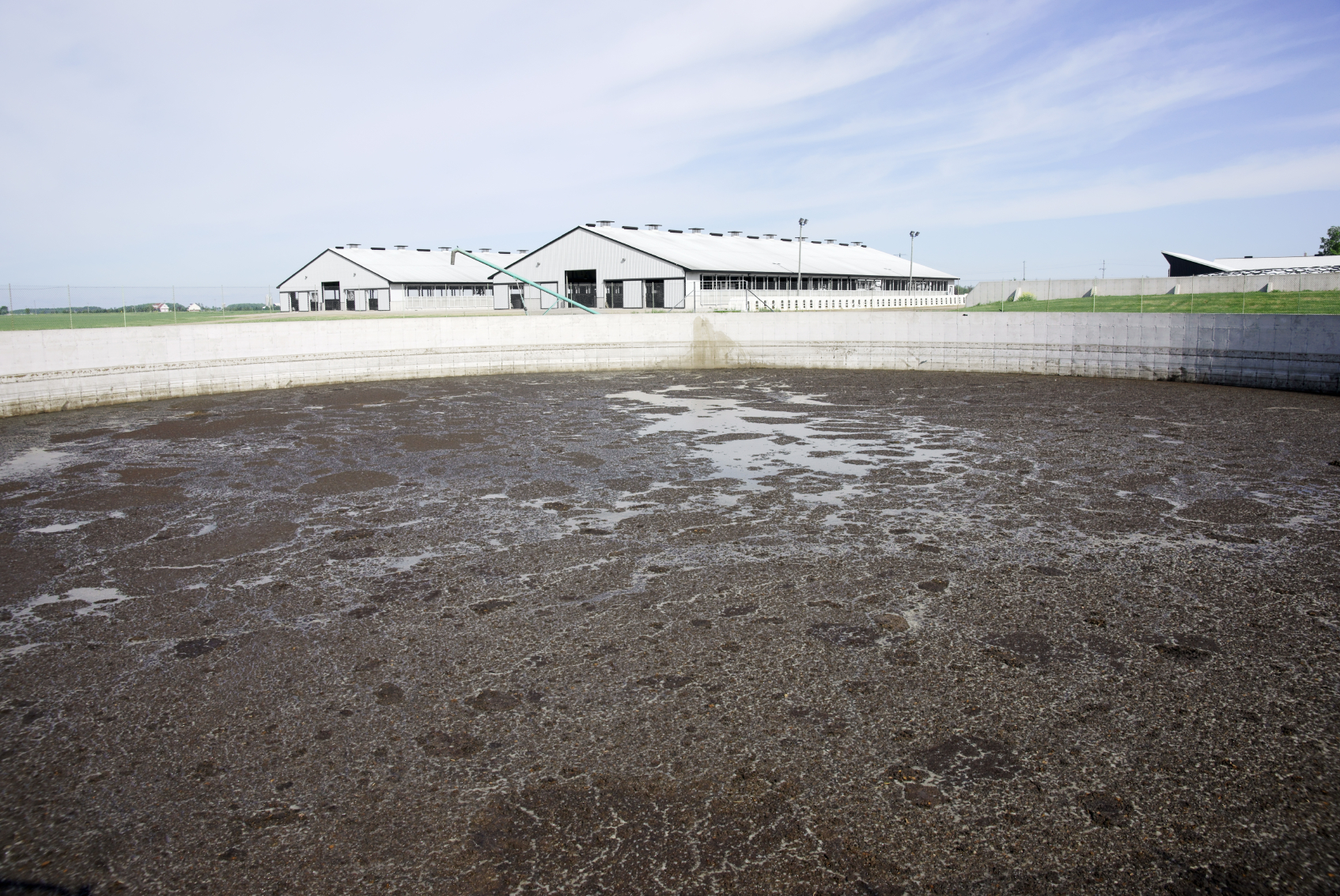Court Rules Harm to Wetlands Must Be Considered in Factory Farm Permit

The U.S. District Court for the Northern District of Indiana has thrown out a jurisdictional determination of the Army Corps of Engineers because the agency failed to assess whether regulated wetlands and surface waters existed on land in the Kankakee River Basin, owned by Texas-based, Natural Prairie Diary, before the company built its concentrated animal feeding operation (CAFO) there. The decision is part of a Clean Water Act citizen suit against Natural Prairie and the Army Corps brought by individual residents of Lake Village, the Indiana Audubon Society (IAS), and the Hoosier Environmental Council (HEC), all represented by HEC’s Senior Staff Attorney.
The property where Natural Prairie decided to build its CAFO with 4,350 dairy cows and a 9-acre waste lagoon sits in one of the most ecologically sensitive and historically significant areas in the State of Indiana. As the district court observed, the land is “unique” because it is part of the former lakebed of Beaver Lake, once the largest inland lake in the State and part of the Grand Kankakee Marsh, once the country’s largest inland wetland before it was drained in the early 1900s. The court also noted that the land is bordered by more than 7,000 acres of restored wetlands and native prairie that make up the Kankakee Sands, now home to approximately 87 rare, threatened, or endangered species.
To make way for its CAFO, Natural Prairie filled numerous drainage ditches on the property -- including nearly a half-mile of a county regulated drain -- and installed an extensive drain tile system to lower the site’s high-water table. Then, nearly two years later, after HEC and residents raised concerns, Natural Prairie contacted the Army Corps to determine if it needed a federal permit for the activity. As the district court observed, “Natural Prairie’s filling activities were so invasive that when the [Army Corps] inspector came to see the site . . . he was able to access only one small portion of a lateral ditch left unfilled.”
Even so, the Corps failed to conduct any assessment of those alterations or their impact on the site’s soil and hydrological conditions and features as they existed before the ditches were filled and the groundwater drained. Instead, the Army Corps summarily concluded that the land is not a wetland, and the ditches were not jurisdictional waters—effectively legitimizing Natural Prairie’s activities after-the-fact and eliminating the need for Natural Prairie to obtain a federal permit to build its CAFO. Reversing the Corps’ determination as “arbitrary and capricious” and a significant departure from the agency’s own technical guidance, the federal judge directed the agency to go back to the drawing board and do a proper investigation that assesses the full impact of Natural Prairie’s ditch filling, grading, and tiling activities.
“The district court’s 37-page opinion is a decisive legal victory for the protection of wetlands, which the court rightly acknowledged, ‘are among the most productive ecosystems in the world, comparable to rain forests and coral reefs … not simply moist patches of earth,’” said HEC’s Senior Staff Attorney, Kim Ferraro, who litigated the case. “The Army Corps gave Natural Prairie a free pass for attempting to evade regulation by destroying sensitive wetland areas and tributaries of the Kankakee River and then asking for permission only when its activities were later discovered and brought to light by HEC. The court’s decision makes clear that such conduct is not okay, and that the Army Corps cannot just look the other way but must do its job.”